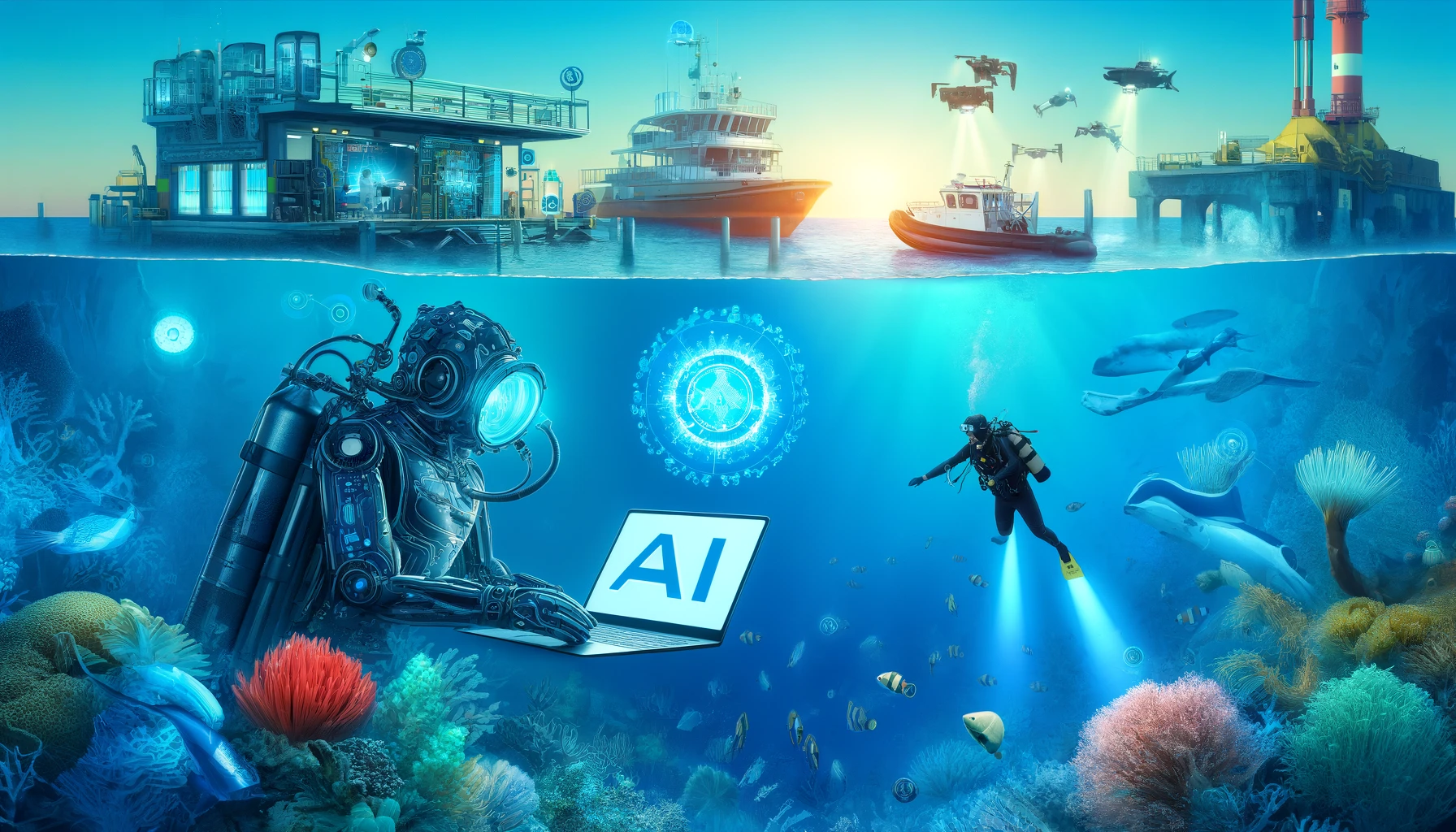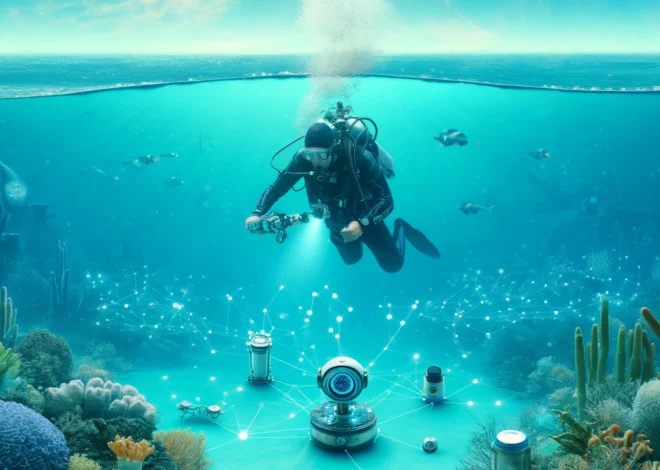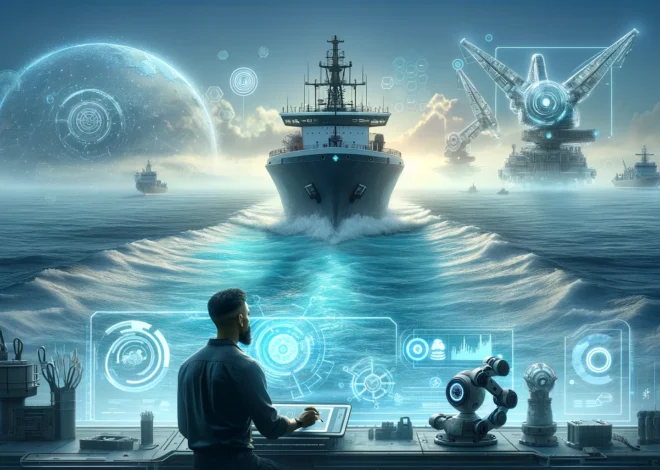
Why Maritime Technologies Complex Jobs Are Safe from the AI Revolution
Where artificial intelligence (AI) is reshaping how industries operate, it’s natural to wonder about the future of human jobs. Will AI replace us? Or will it serve as a tool that enhances our work? For those in the field of Maritime Technologies Complex Jobs, the latter is more likely. Despite the incredible advancements in AI, there are compelling reasons why complex maritime jobs remain secure and continue to require a human touch. Let’s dive into why these roles are not just surviving but thriving in the age of AI.
The Unique Challenges of Maritime Environments
Unpredictable Elements
The ocean is a dynamic and often unpredictable environment. Handling these uncertainties requires human judgment and experience that AI cannot match. AI systems can process data and provide recommendations. Still, they need the ability to contextually analyze unpredictable weather patterns, erratic ocean currents, and unexpected navigation obstacles the way a seasoned maritime professional can.
Complex Decision-Making
Maritime operations often involve complex decision-making that requires a deep understanding of marine ecosystems, international regulations, and logistical intricacies. AI can support these decisions, but integrating ethical considerations, regulatory compliance, and environmental stewardship involves nuanced, inherently human thinking.
Emergency Responses
Human expertise is important in critical situations such as oil spills or maritime accidents. Emergency response demands rapid decision-making and a flexible problem-solving and crisis management approach that AI systems currently need to prepare to handle.
The Synergy of Human Expertise and AI
Enhanced Capabilities, Not Replacement
In the maritime industry, AI is primarily seen as a tool that enhances human capabilities rather than replacing them. For example, while AI can assist in navigational tasks and monitor ship diagnostics, the final decisions and responsibilities lie with human professionals. This synergy ensures that jobs are not eliminated but made more efficient and safer.
Training and Adaptability
As AI becomes more integrated into maritime operations, there is a growing need for skilled professionals to manage and work alongside these technologies. This shift creates new job categories focusing on AI management, oversight, and integration, where human skills are irreplaceable.
Creative Problem Solving
Many maritime roles require creativity and adaptability—traits that AI has yet to master. Whether it’s adapting repair techniques on the fly or innovating new methods to improve safety and efficiency aboard, the creative problem-solving aspect of maritime jobs ensures they remain beyond the reach of full automation.
Continuous Learning and Evolution
The maritime industry is known for its commitment to continuous learning and adaptation. As AI technologies evolve, so do the training programs and educational curriculums designed to prepare the next generation of maritime jobs professionals. These programs emphasize technical knowledge, critical thinking, leadership, and AI proficiency.
Other Jobs Safeguarding Maritime Jobs in Scuba Diving and Commercial Diving
As we embrace the AI revolution in maritime sectors, it’s important to highlight specific areas like scuba diving and commercial diving jobs where AI plays a transformative yet supportive role. In scuba diving in AI, AI-enhanced technologies improve safety by monitoring diver health and environmental conditions in real time, thus expanding the boundaries of what divers can achieve safely. In commercial diving, AI is utilized for complex tasks such as underwater structure inspections and repairs, using advanced robotics that require human oversight for decision-making and control. These applications underscore AI’s role as a powerful adjunct to human skills, enhancing job performance and safety without displacing the need for human expertise. The future in these areas promises more integration, where AI assists, and humans lead, ensuring that the depth of human judgment continues to anchor these crucial maritime roles.
Conclusion
Integrating AI in maritime technologies undoubtedly brings significant changes and solidifies the need for skilled human professionals. With their complex demands and critical responsibilities, Naval jobs remain secure in the face of AI, offering a promising career path for those ready to navigate technology and maritime expertise. So, as we sail into the future, it’s clear that AI is an ally—not a replacement in marine technologies.



